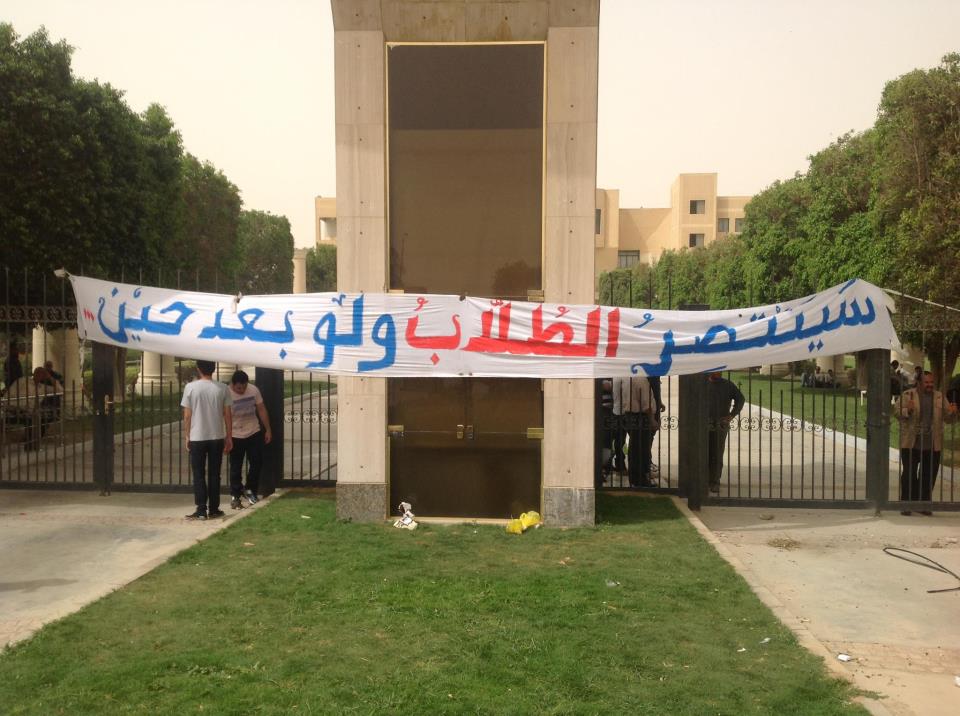CAIRO: Minister of Education Yousri El-Gamal issued a groundbreaking decree that will allow special needs students to be integrated into the mainstream schooling system.
El-Gamal said the ministry aims at having full integration in 10 percent of public schools around the country, which will be implemented throughout several stages, reported the daily Al-Dostour.
“It’s a good start, said Hala Abdel Hak, consultant on inclusive education and disability and psychology professor at the American University in Cairo.
“It takes one person to make a change. For now this is acceptable but we aim to have the same ratio that exists in society to be in the classroom, that is 10 percent, she pointed out.
“The ministry should go slowly and learn from every step it takes, said Abdel Hak.
The decree however stipulates a number of conditions; that the student does not have more than one disability – for example, a hearing disability and a visual disability – that their IQ is not below 52 and that their hearing level is not more than 70 Decibel.
There will be a maximum of only four students with disabilities in a class room.
Education experts worldwide have unanimously agreed that inclusive education, which means including people with disabilities in the school system, is better not only for the person with a disability but for the society as a whole as it promotes equality and tolerance.
“Inclusion should start at nurseries; the earlier the inclusion the less the need for structuring opportunities for its promotion, said Abdel Hak.
“Teacher training – now that inclusion is expanding – should be a priority.
“Addressing parents’ future fears regarding self-help, disruptive behavior, and bullying is important, she explained.
Statistics vary with regards to the number of people with special needs in Egypt. According to an international statistic they make up 10 to 12 percent of the population. On the other hand, the Central Authority for Public Mobilization and Statistics in Egypt (CAPMAS) says that they do not exceed 3.4 percent.
Abdel Hak however argues that people with special needs make up 10 percent of the population in Egypt.
According to statistics collected in 2005 by the Ministry of Education with reference to the status of state-owned special education schools, there are 804 schools for various special needs.
However, with only 1.48 percent, according to UNICEF, receiving educational services, there is a wide gap between those who need the service and those receiving it.
But progress is being made in inclusive education with the Ministry of Education dedicating an entire section in its National Strategic Plan for Pre-University Education Reform.
“Our overall goal is to provide quality and equal educational opportunities and ensure the inclusion of children with special needs in mainstream general education schools, stated the plan on the ministry’s website.
Private schools in Egypt are arguably the most successful in implementing the inclusive education model.

